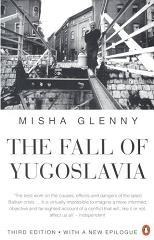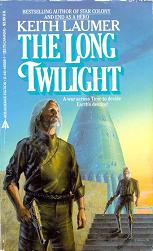
The Fall of the Roman Empire
Peter Heather
572 pages including index
published in 2005
I found I hadn’t read enough about ancient history in recent years, so I went looking for some interesting books on Roman, Greek or other ancient cultures. The Fall of the Roman Empire was what I found, a new look at how Roman domination came to an end. I’d been interested in that topic again since watching Terry Jones’ excellent series The Barbarians, which revised the traditional picture of hordes of uncultivated barbarians coming over the borders for an orgy of rape and plunder. The Fall of the Roman Empire is in a similar revisionist vein. Though Heather goes much less far than Jones in revising the traditional relationship between Romans and barbarians.
Now my knowledge of Roman history is not extensive, to say the least, mostly build on having read the usual popular history books everybody with the slightest interest in history reads at age twelve, which tend to be fairly conservative in their outlook, often a generation or so behind academic consensus. Therefore I wasn’t that surprised that while I thought Heather’s main point, that the Roman Empire didn’t so much collapse because of structural defects, but because of several contigent factors coming together at the worst possible moment, was quite radical, a little bit of googling seems to show Heather is actually somewhat of a counterrevolutionary. His position as set up here is that the Western Roman Empire did in fact collapse, at roughly the time tradition has always set it had, but that this wasn’t the overwhelming catastrophe of myth and that this wasn’t a pre-ordained outcome. This is halfway between the traditional view of the End of Civilisation for a Thousand Years and the revisionist view of denying that a collapse happened at all, that the Roman Empire continued as Byzantium and in the west more or less morphed into its succesor states.



